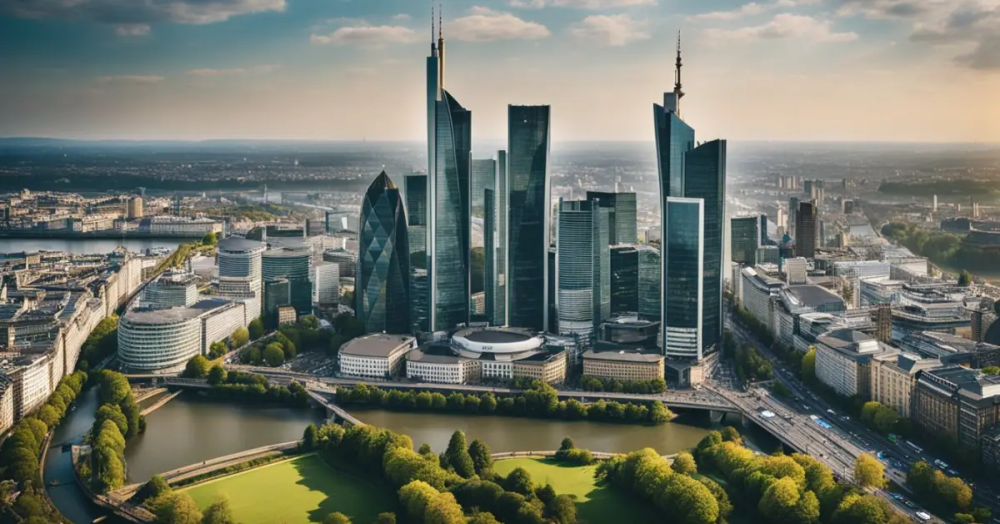

Frankfurt am Main, commonly referred to as Frankfurt, is one of Germany's most dynamic cities and has been a significant hub for trade, culture, and tourism for centuries. Its history as a destination for visitors can be traced back to the Middle Ages when it hosted some of the most important trade fairs in Europe. With a prime location along the Main River and as a crossroads of European trade routes, Frankfurt’s historical role as a commerce center laid the foundations for its evolution into a modern tourism hotspot.
The roots of tourism in Frankfurt are linked to the city’s fairs. The Frankfurt Trade Fair, known as the Messe Frankfurt, dates back to the 12th century and is one of the world’s oldest. These gatherings were not only for trade but also became social and cultural events that attracted visitors from across the continent. The city's reputation as a place of encounter and exchange made it a natural stop for travelers and merchants.
Alongside trade, the city’s burgeoning cultural scene began to draw visitors. Home to influential figures like the writer Johann Wolfgang von Goethe, whose birthplace is now a museum, Frankfurt developed into an intellectual and cultural hub. Institutions like the Städel Museum, which opened its doors to the public in 1815, further cemented the city's appeal to those interested in arts and culture.
In the aftermath of World War II, Frankfurt underwent significant reconstruction and modernization, transforming into a cosmopolitan city with skyscrapers and a modern skyline that became one of its tourism selling points. The establishment of the Frankfurt International Airport, now among the busiest in the world, was pivotal in boosting international visitation.
Today, Frankfurt combines its historical charm with a modern lifestyle. Offering a mix of old and new, tourists flock to sites like the historic Römerberg square, the iconic Frankfurt Cathedral, and the sleek Main Tower, which provides panoramic views of the city.
Trade fairs remain a backbone of Frankfurt’s tourism, with major events such as the Frankfurt Book Fair and the International Motor Show, making the city a global drawcard for business tourism. The city's comprehensive infrastructure, financial institutions, and cultural events such as the annual Museum Embankment Festival have continued to attract a diverse range of visitors.
In recent years, sustainability has grown in importance in Frankfurt's tourism industry with initiatives to promote eco-friendly travel experiences. The city offers numerous green spaces like the Palmengarten and the Frankfurt City Forest, appealing to those seeking urban nature escapes. Additionally, the trend toward experiential and immersive travel experiences has seen a rise in popularity of local culinary tours, neighborhood explorations, and the use of the city as a launchpad for exploring the surrounding Rhine-Main region.
Frankfurt’s ongoing role as a contemporary vibrant financial hub with a rich cultural tapestry continues to attract visitors worldwide. Its strategic position in the heart of Europe ensures its status as a compelling destination for both leisure and business travelers. Frankfurt's unique blend of historical sights, cultural landmarks, and modern conveniences keeps it at the forefront of tourism trends, promising a bright future for the city's tourism industry.